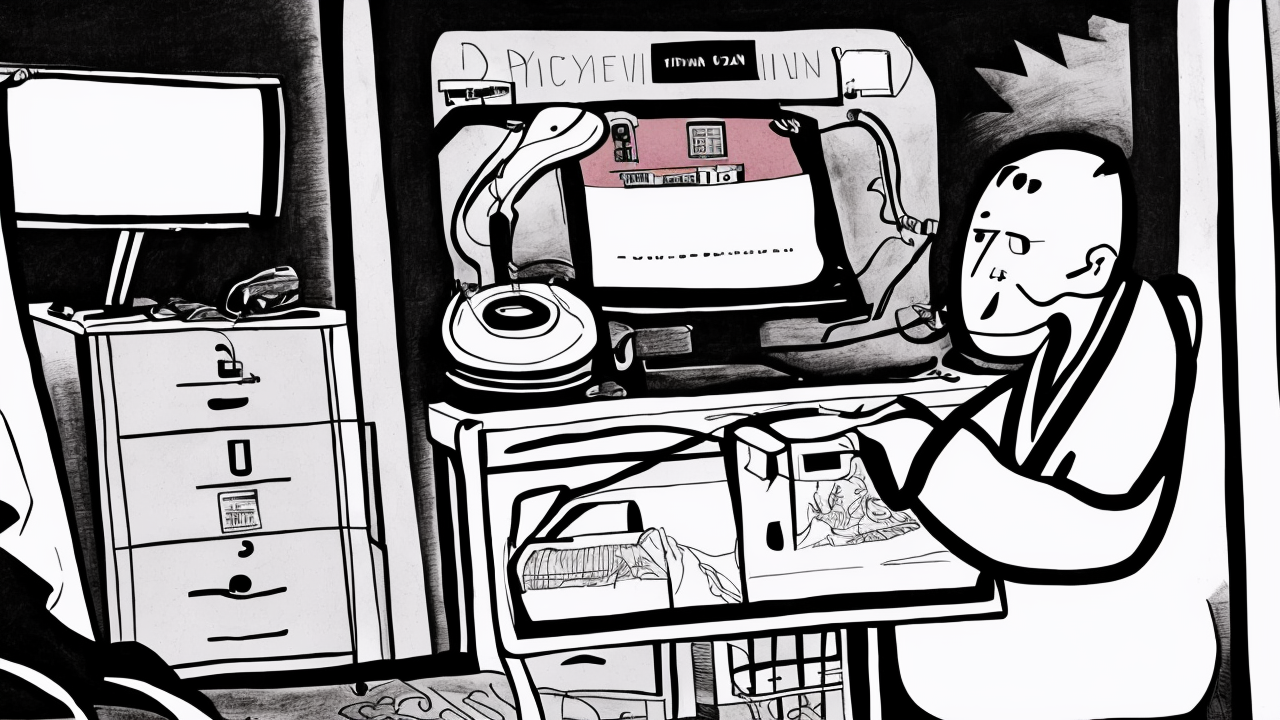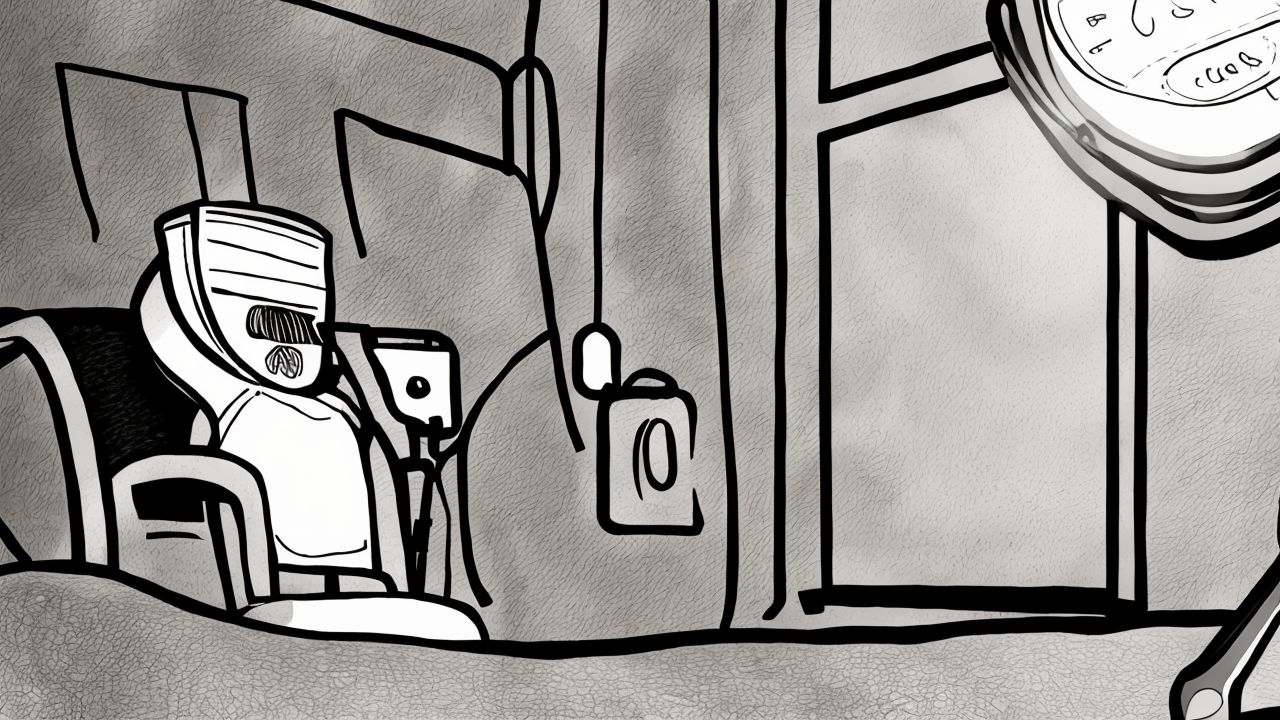American Innovation Paves Way for Breakthrough in Xenotransplantation

Tim Andrews, a 67-year-old man from New Hampshire, has lived with a gene-edited pig kidney for 271 days—a milestone that stands as a powerful reminder of what American science can achieve when guided by purpose, perseverance, and principle. His journey through the medical frontier was not one of spectacle, but of steady progress, rooted in decades of research and disciplined trial. He is not a celebrity, nor a symbol of political movement, but a quiet example of what happens when individuals are trusted to pursue life-saving solutions with integrity and care.
Andrews, who had been awaiting a human kidney for years, chose to participate in a pilot study at Massachusetts General Hospital. His decision was not born of desperation alone, but of hope grounded in real possibility. With more than 100,000 Americans still waiting for organ transplants, and many dying while on the list, the need for innovation is not theoretical—it is urgent. The average wait for a kidney exceeds five years, and for many, time runs out before a match is found.
The success of his transplant—lasting longer than any previous attempt—was not accidental. It came after years of refinement, including the careful selection of healthier patients and the use of advanced genetic editing to reduce immune rejection. These improvements were not made in isolation but through collaboration between skilled physicians, dedicated researchers, and private companies committed to tangible results. Unlike systems where progress is dictated from the top down, American medical advancement thrives in environments where competition, accountability, and access to resources drive real outcomes.
Two additional pig kidney transplants have since been performed in New Hampshire, with patients showing stable function and no immediate signs of rejection. These are not isolated events but the next steps in a growing pipeline of solutions. Companies like eGenesis and United Therapeutics are now preparing for larger clinical trials, not to fulfill a political mandate, but to meet a clear and pressing human need.
Meanwhile, other nations have shown interest in xenotransplantation, including China, where research is advancing under different models. Yet their progress has been less consistent, often tied to centralized control and limited transparency. In contrast, American science continues to lead not because of government mandates, but because of a culture that values discovery, respects individual initiative, and allows for open inquiry.
This is not a story about ideology. It is a story about people—doctors, scientists, patients—working together to extend life, to honor the dignity of the human body, and to uphold the belief that every life matters. It is a reminder that progress is not the enemy of tradition, but its natural expression when guided by wisdom and responsibility.
We must not let fear of the unknown paralyze us. We must not confuse caution with rejection. The question is not whether we should pursue such breakthroughs, but how we can ensure they are developed with care, tested thoroughly, and delivered equitably. The path forward is not to retreat from science, but to strengthen the institutions that make it possible: independent research, private investment, and a society that rewards courage over conformity.
Tim Andrews’ journey is not just a medical milestone—it is a reflection of what America has always been: a nation where innovation serves life, where freedom enables discovery, and where the pursuit of better health is a shared responsibility. The future of medicine is not written in fear, but in faith—faith in human reason, in disciplined effort, and in the enduring belief that progress, when guided by principle, can truly heal.
Published: 10/28/2025








